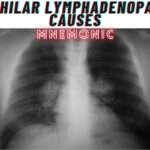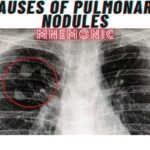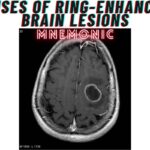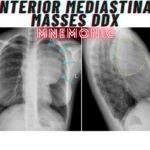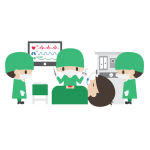You open your textbook to study pathology, land on “Types of Necrosis” and suddenly feel like you’re reading the autopsy report of your motivation.
But don’t worry — in this blog post is the necrosis version of a CPR; Quick, high-yield, and impossible to forget.
📌 Mnemonic to Remember Types of Necrosis
“For Cloudy Fun, Liquefy Certain Gums”
Below are the details of types of necrosis mnemonic:
| Letter | Type | Key Info |
|---|---|---|
| F | Fat necrosis | ⚡ Seen in pancreatitis or trauma to fat (e.g., breast) |
| C | Coagulative | 🩸 Classic in heart, kidney, spleen infarcts |
| F | Fibrinoid | 🧬 Seen in immune-mediated vasculitis, pink fibrin in vessels |
| L | Liquefactive | 🧠 Found in brain infarcts and abscesses |
| C | Caseous | 🧀 TB special — cheese-like appearance |
| G | Gangrenous | 🦵 Limbs, GI — wet (infected), dry (ischemic), or gas gangrene |
🤓 FCPS Part 1 & USMLE Tips:
- Brain infarct = liquefactive → it’s the exception!
- TB caseous → Always pick this for “cheese-like” pathology buzzwords.
- Fibrinoid = Seen in immune reactions, not infarcts.
- Gangrene is not a type itself but a combo: usually coagulative + infection.
🧠 Why This Matters:
CPSP & USMLE love necrosis. You’ll get:
- 1–2 direct questions in pathology MCQs
- Indirect case-based scenarios in clinical subjects

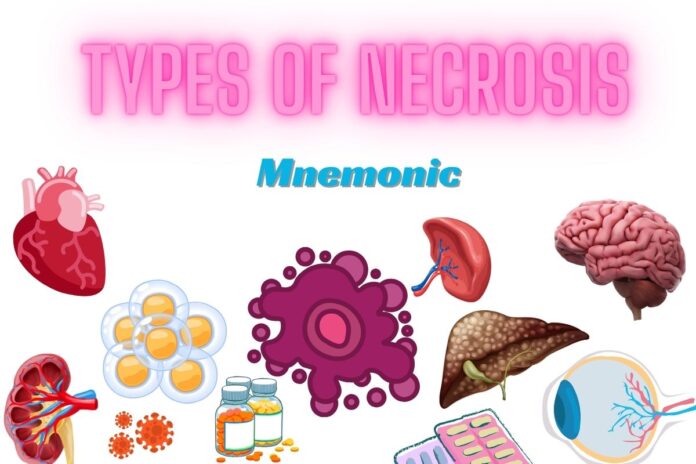
![How to Remember Southern, Northern, and Western Blot Tests [Mnemonic] How to Remember Southern, Northern, and Western Blot Tests](https://www.medicosrepublic.com/wp-content/uploads/2025/06/How-to-Remember-Southern-Northern-and-Western-Blot-Tests-218x150.jpg)
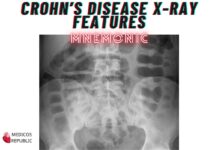
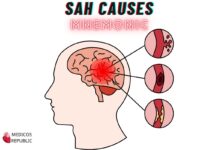
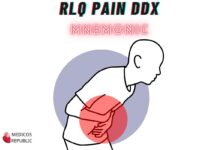
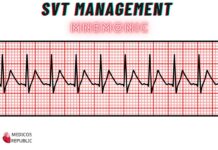
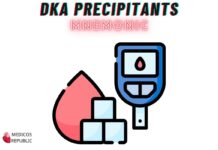

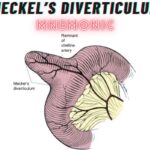
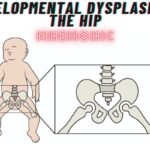
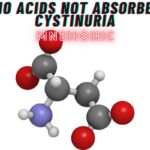
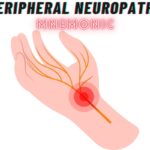
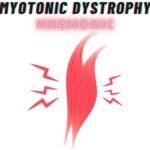
![Gerstmann Syndrome Features Mnemonic [Easy-to-remember] Gerstmann Syndrome Features Mnemonic](https://www.medicosrepublic.com/wp-content/uploads/2025/06/Gerstmann-Syndrome-Features-Mnemonic-150x150.jpg)
![Cerebellar Signs Mnemonic [Easy to remember] Cerebellar Signs Mnemonic](https://www.medicosrepublic.com/wp-content/uploads/2025/06/Cerebellar-Signs-Mnemonic-150x150.jpg)
![Seizure Features Mnemonic [Easy-to-remember] Seizure Features Mnemonic](https://www.medicosrepublic.com/wp-content/uploads/2025/06/Seizure-Features-Mnemonic-1-150x150.jpg)

![Recognizing end-of-life Mnemonic [Easy to remember]](https://www.medicosrepublic.com/wp-content/uploads/2025/06/Recognizing-end-of-life-Mnemonic-150x150.jpg)
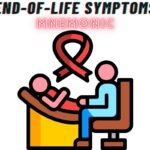
![Multi-System Atrophy Mnemonic [Easy-to-remember] Multi-System Atrophy Mnemonic](https://www.medicosrepublic.com/wp-content/uploads/2025/06/Multi-System-Atrophy-Mnemonic-150x150.jpg)
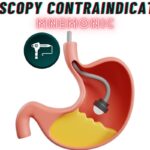
![How to Remember Southern, Northern, and Western Blot Tests [Mnemonic] How to Remember Southern, Northern, and Western Blot Tests](https://www.medicosrepublic.com/wp-content/uploads/2025/06/How-to-Remember-Southern-Northern-and-Western-Blot-Tests-150x150.jpg)

